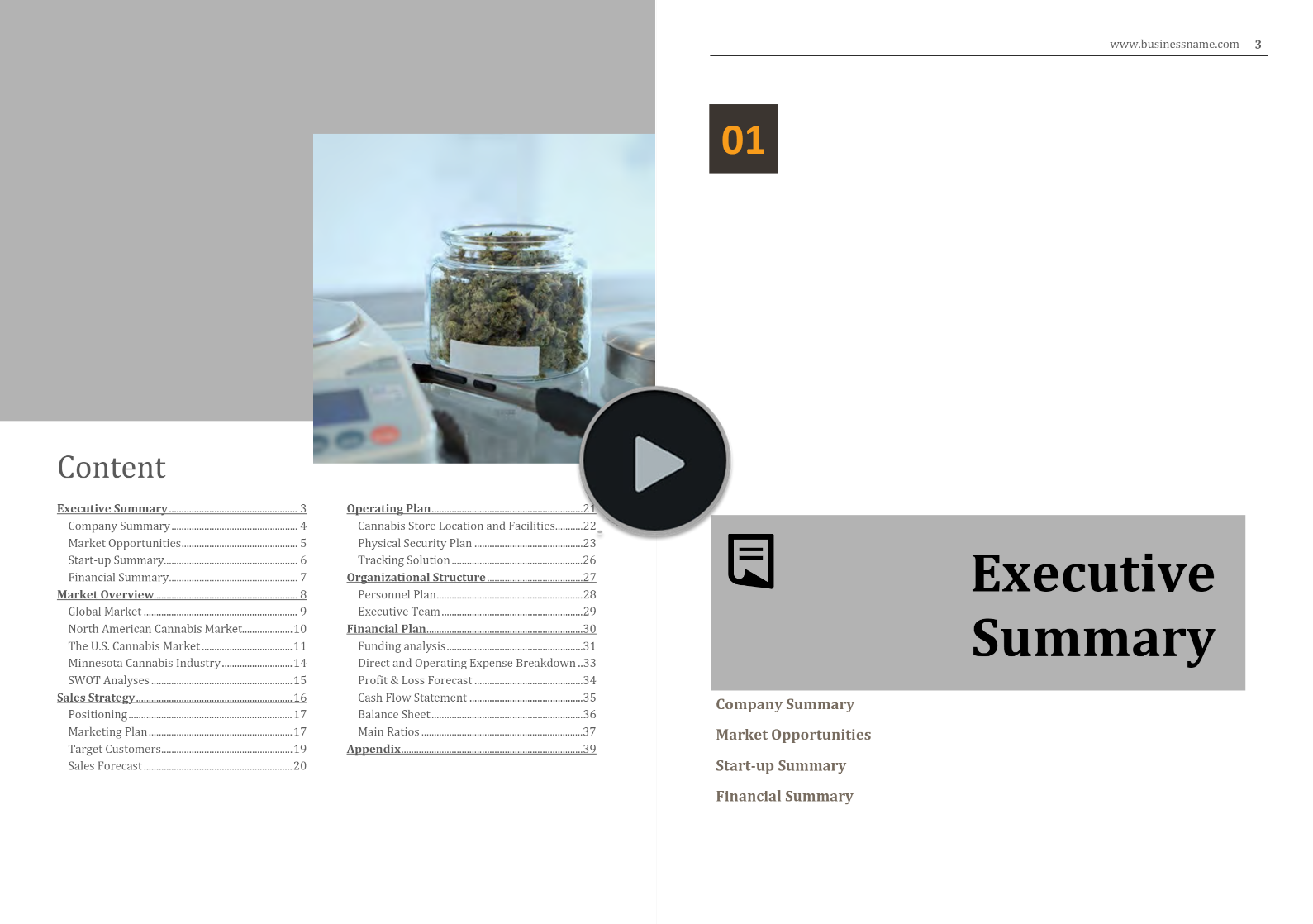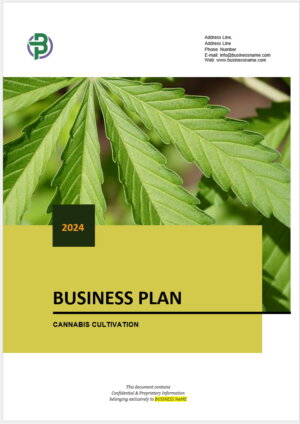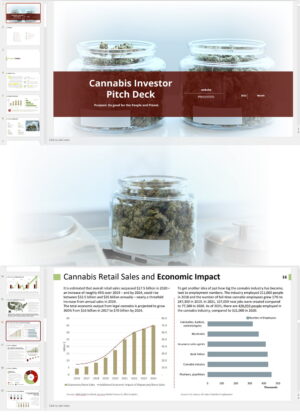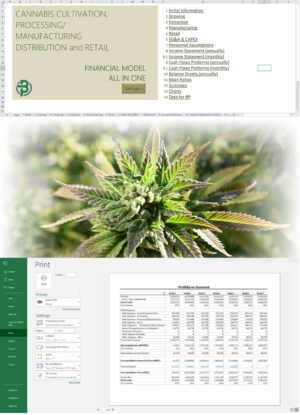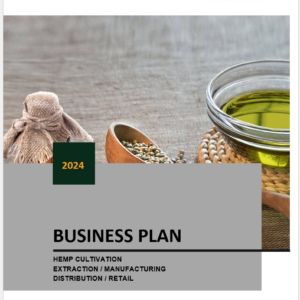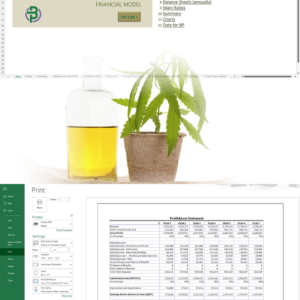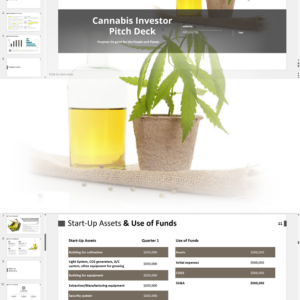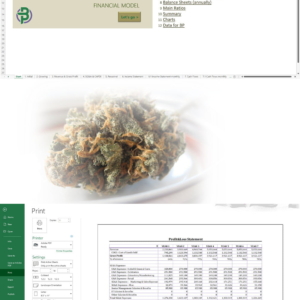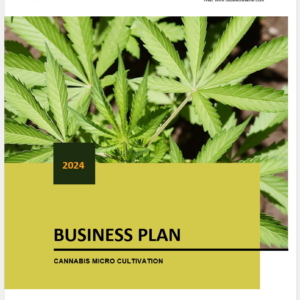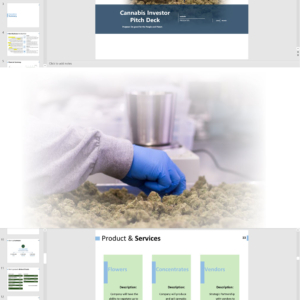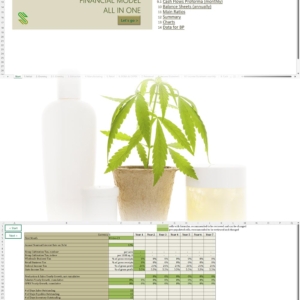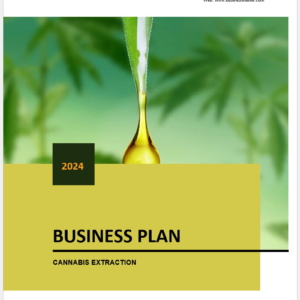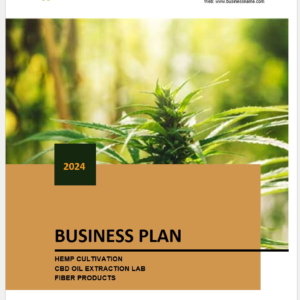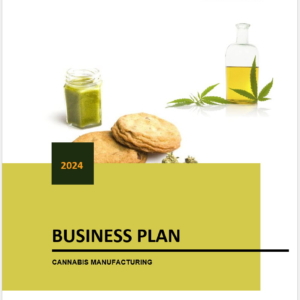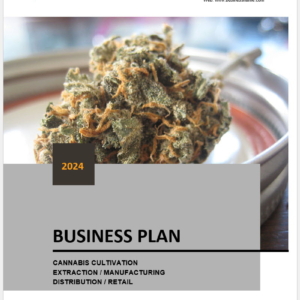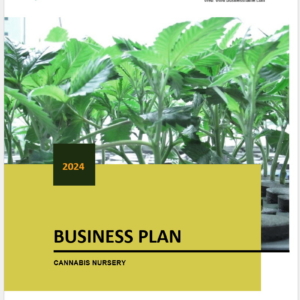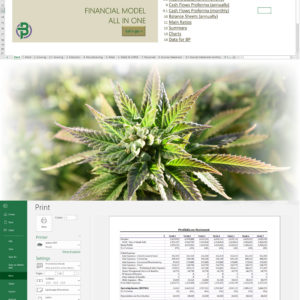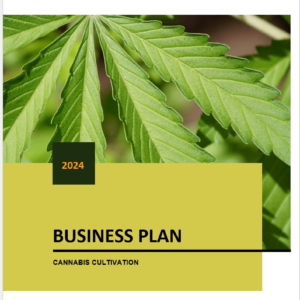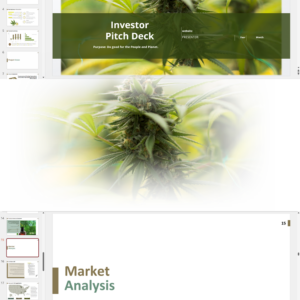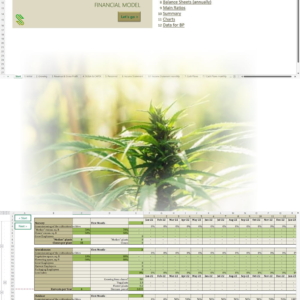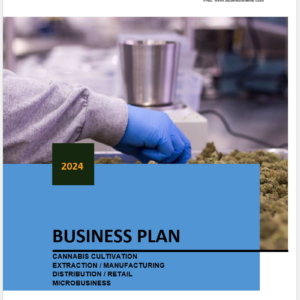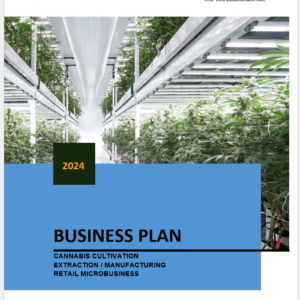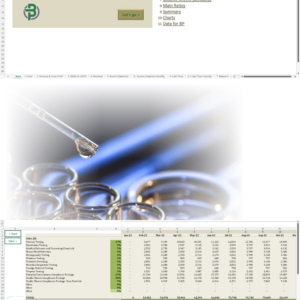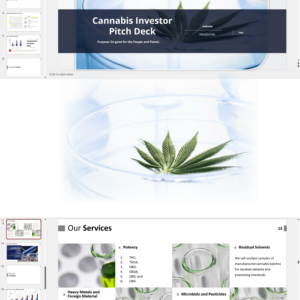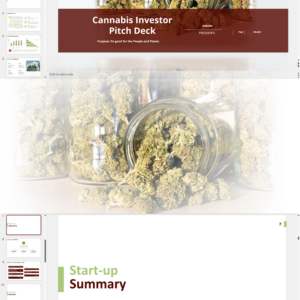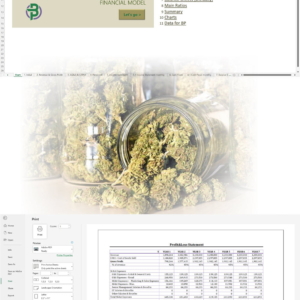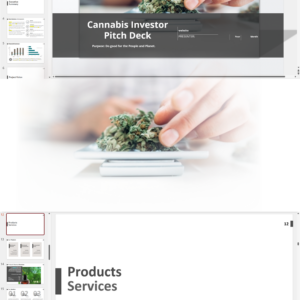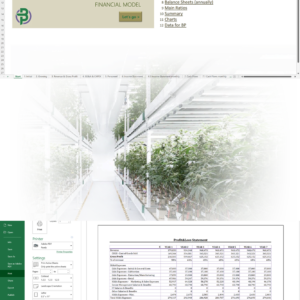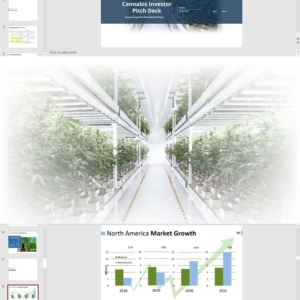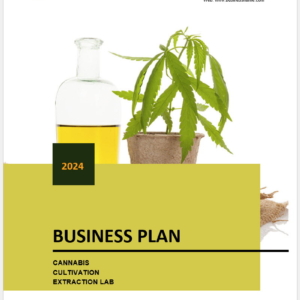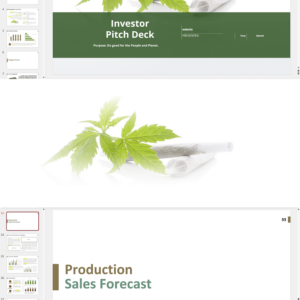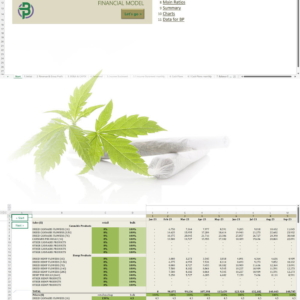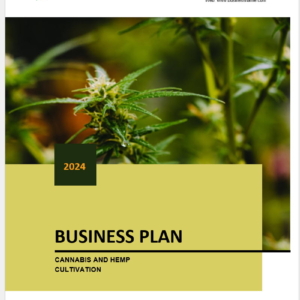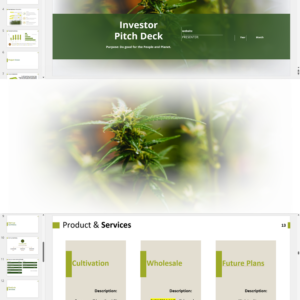- Understand regulatory and legal requirements. Do market research.
Research the laws and regulations governing adult-use or medical-use cannabis for more information about the regulatory requirements for licensure in the city or town you wish to operate.
Minnesota Cannabis Legalization
Minnesota became the 22nd state to legalize medical cannabis in 2014 and the 23rd state to legalize adult-use cannabis in 2023.
The Office of Cannabis Management (OCM) is responsible to release applications, issue licenses, and develop regulations outlining how and when businesses can participate in the new adult-use industry in Minnesota. OCM expects applications for licenses to be available in 2025.
- Decide the type of cannabis business. Choose a location. Check local zoning regulations.
Cannabis Licenses Types available in Minnesota
“A cannabis cultivator license entitles the license holder to grow cannabis plants within the approved amount of space from seed or immature plant to mature plant, harvest cannabis flower from a mature plant, package and label immature cannabis plants and seedlings and cannabis flower for sale to other cannabis businesses, transport cannabis flower to a cannabis manufacturer located on the same premises, and perform other actions approved by the office.”
Size limitations:
- A cannabis cultivator that cultivates cannabis at an indoor facility may cultivate up to 30,000 square feet of plant canopy.
- A cannabis cultivator that cultivates cannabis at an outdoor location may cultivate up to two acres of mature, flowering plants.
(application fee $10,000; initial license fee $20,000; renewal license fee $30,000)
“A cannabis manufacturer license entitles the license holder to: (1) purchase cannabis flower, cannabis products from a cannabis microbusiness, a cannabis mezzobusiness, a cannabis cultivator, another cannabis manufacturer, or a cannabis wholesaler; (2) make cannabis concentrate; (3) manufacture adult-use cannabis products for public consumption; (4) package and label adult-use cannabis products for sale to customers; (5) sell cannabis concentrate, cannabis products to other cannabis businesses; and (6) perform other actions approved by the office.”
(application fee $10,000; initial license fee $10,000; renewal license fee $20,000)
“A cannabis retailer license entitles the license holder to: (1) purchase immature cannabis plants and seedlings, cannabis flower, cannabis products from cannabis microbusinesses, cannabis mezzobusinesses, cannabis cultivators, cannabis manufacturers, and cannabis wholesalers; (2) sell immature cannabis plants and seedlings, adult-use cannabis flower, adult-use cannabis products, and other products authorized by law to customers; and (3) perform other actions approved by the office.”
Size limitations:
- A cannabis retailer may operate up to five retail locations.
(application fee $2,500; initial license fee $2,500; renewal license fee $5,000)
“A cannabis wholesaler license entitles the license holder to: (1) purchase immature cannabis plants and seedlings, cannabis flower, cannabis products from cannabis microbusinesses, cannabis mezzobusinesses, cannabis cultivators, cannabis manufacturers, and cannabis microbusinesses; (2) sell immature cannabis plants and seedlings, cannabis flower, cannabis products to cannabis microbusinesses, cannabis mezzobusinesses, cannabis manufacturers, and cannabis retailers; and (3) perform other actions approved by the office.”
Limitations:
- A person, cooperative, or business holding a cannabis wholesaler license may also hold a cannabis transporter license, a cannabis delivery service license, and a cannabis event organizer license.
(application fee $5,000; initial license fee $5,000; renewal license fee $10,000)
“A cannabis transporter license entitles the license holder to transport immature cannabis plants and seedlings, cannabis flower, cannabis products from cannabis microbusinesses, cannabis mezzobusinesses, cannabis cultivators, cannabis manufacturers, cannabis wholesalers, medical cannabis retailers and processors to cannabis microbusinesses, cannabis mezzobusinesses, cannabis manufacturers, cannabis testing facilities, cannabis wholesalers, cannabis retailers, medical cannabis processors and retailers, and medical cannabis combination businesses and perform other actions approved by the office.”
Limitations:
- A person, cooperative, or business holding a cannabis transporter license may also hold a cannabis wholesaler license, a cannabis delivery service license, and a cannabis event organizer license.
(application fee $250; initial license fee $500; renewal license fee $1,000)
“A cannabis testing facility license entitles the license holder to obtain and test immature cannabis plants and seedlings, cannabis flower, cannabis products from cannabis microbusinesses, cannabis mezzobusinesses, cannabis cultivators, cannabis manufacturers, cannabis wholesalers, medical cannabis cultivators, processors and combination businesses.”
Limitations:
- A person, cooperative, or business holding a cannabis testing facility license may not own or operate, or be employed by, any other cannabis business.
(application fee $10,000; initial license fee $10,000; renewal license fee $20,000)
“A cannabis event organizer license entitles the license holder to organize a temporary cannabis event lasting no more than four days.”
Limitations:
- A person, cooperative, or business holding a cannabis event organizer license may not hold a cannabis testing facility license.
(application fee $750; initial license fee $750)
“A cannabis delivery service license entitles the license holder to purchase cannabis flower, cannabis products from licensed cannabis microbusinesses with a retail endorsement, cannabis mezzobusinesses with a retail endorsement, cannabis retailers, medical cannabis retailers, and medical cannabis combination businesses; transport and deliver cannabis flower, cannabis products to customers; and perform other actions approved by the office.”
Limitations:
- A person, cooperative, or business holding a cannabis delivery service license may also hold a cannabis retailer license, a cannabis wholesaler license, a cannabis transporter license, a cannabis event organizer license, and a medical cannabis retailer license subject to the ownership limitations that apply to those licenses.
(application fee $250; initial license fee $500; renewal license fee $1,000)
“A cannabis microbusiness license, consistent with the specific license endorsement or endorsements, entitles the license holder to perform any or all of the following within the established limits:
- (1) grow cannabis plants from seed or immature plant to mature plant and harvest cannabis flower from a mature plant;
- (2) make cannabis concentrate;
- (3) make hemp concentrate, including hemp concentrate with a delta-9 tetrahydrocannabinol concentration of more than 0.3 percent as measured by weight;
- (4) manufacture artificially derived cannabinoids;
- (5) manufacture adult-use cannabis products, lower-potency hemp edibles, and hemp-derived consumer products for public consumption;
- (6) purchase immature cannabis plants and seedlings and cannabis flower from another cannabis microbusiness, a cannabis mezzobusiness, a cannabis manufacturer, or a cannabis wholesaler;
- (7) purchase hemp plant parts and propagules from an industrial hemp grower licensed under chapter 18K;
- (8) purchase hemp concentrate from an industrial hemp processor licensed under chapter 18K;
- (9) purchase cannabis concentrate, hemp concentrate, and artificially derived cannabinoids from another cannabis microbusiness, a cannabis mezzobusiness, a cannabis manufacturer, or a cannabis wholesaler for use in manufacturing adult-use cannabis products, lower-potency hemp edibles, or hemp-derived consumer products;
- (10) package and label adult-use cannabis flower, adult-use cannabis products, lower-potency hemp edibles, and hemp-derived consumer products for sale to customers;
- (11) sell immature cannabis plants and seedlings, adult-use cannabis flower, adult-use cannabis products, lower-potency hemp edibles, hemp-derived consumer products, and other products authorized by law to other cannabis businesses and to customers;
- (12) operate an establishment that permits on-site consumption of edible cannabis products and lower-potency hemp edibles; and
- (13) perform other actions approved by the office.”
Size limitations:
- A cannabis microbusiness that cultivates cannabis at an indoor facility may cultivate up to 5,000 square feet of plant canopy.
- A cannabis microbusiness that cultivates cannabis at an outdoor location may cultivate up to one-half acre of mature, flowering plants unless the office increases that limit.
- A limit on the manufacturing of cannabis products must be equivalent to the amount of cannabis flower that can be harvested from a facility with a plant canopy of 5,000 square feet in a year.
- A cannabis microbusiness with the appropriate endorsement may operate one retail location.
(application fee $500; no initial license fee; renewal license fee $2,000)
“A cannabis mezzobusiness license, consistent with the specific license endorsement or endorsements, entitles the license holder to perform any or all of the following within the established limits:
- (1) grow cannabis plants from seed or immature plant to mature plant and harvest cannabis flower from a mature plant for use as adult-use cannabis flower or for use in adult-use cannabis products;
- (2) grow cannabis plants from seed or immature plant to mature plant and harvest cannabis flower from a mature plant for use as medical cannabis flower or for use in medical cannabinoid products;
- (3) make cannabis concentrate;
- (4) make hemp concentrate, including hemp concentrate with a delta-9 tetrahydrocannabinol concentration of more than 0.3 percent as measured by weight;
- (5) manufacture artificially derived cannabinoids;
- (6) manufacture adult-use cannabis products, lower-potency hemp edibles, and hemp-derived consumer products for public consumption;
- (7) process medical cannabinoid products;
- (8) purchase immature cannabis plants and seedlings and cannabis flower from a cannabis microbusiness, another cannabis mezzobusiness, a cannabis manufacturer, or a cannabis wholesaler;
- (9) purchase cannabis concentrate, hemp concentrate, and synthetically derived cannabinoids from a cannabis microbusiness, another cannabis mezzobusiness, a cannabis manufacturer, or a cannabis wholesaler for use in manufacturing adult-use cannabis products, lower-potency hemp edibles, or hemp-derived consumer products;
- (10) purchase hemp plant parts and propagules from a licensed hemp grower licensed under chapter 18K;
- (11) purchase hemp concentrate from an industrial hemp processor licensed under chapter 18K;
- (12) package and label adult-use cannabis flower, adult-use cannabis products, lower-potency hemp edibles, and hemp-derived consumer products for sale to customers;
- (13) sell immature cannabis plants and seedlings, adult-use cannabis flower, adult-use cannabis products, lower-potency hemp edibles, hemp-derived consumer products, and other products authorized by law to other cannabis businesses and to customers; and
- (14) perform other actions approved by the office.”
Size limitations:
- (a) A cannabis mezzobusiness that cultivates cannabis at an indoor facility may cultivate up to 15,000 square feet of plant canopy. The office may adjust plant canopy limits upward to meet market demand consistent with the goals identified in section 342.02, subdivision 1.
- (b) A cannabis mezzobusiness that cultivates cannabis at an outdoor location may cultivate up to one acre of mature, flowering plants unless the office increases that limit. The office may increase the limit to no more than three acres if the office determines that expansion is consistent with the goals identified in section 342.02, subdivision 1.
- (c) The office shall establish a limit on the manufacturing of cannabis products, lower-potency hemp edibles, or hemp-derived consumer products a cannabis mezzobusiness that manufactures such products may perform. The limit must be equivalent to the amount of cannabis flower that can be harvested from a facility with a plant canopy of 15,000 square feet in a year but may be increased if the office expands the allowable area of cultivation under paragraph (a).
- (d) A cannabis mezzobusiness with the appropriate endorsement may operate up to three retail locations.
(application fee $5,000; initial license fee $5,000; renewal license fee $10,000)
- Medical cannabis cultivator (application fee $250; no initial license fee; no renewal license fee)
- Medical cannabis processor (application fee $250; no initial license fee; no renewal license fee)
- Medical cannabis retailer (application fee $250; no initial license fee; no renewal license fee)
- Medical cannabis combination business (application fee $10,000; initial license fee $20,000; renewal license fee $70,000)
Cannabis Delivery in Minnesota
A cannabis delivery service license entitles the license holder to purchase cannabis flower, cannabis products from licensed cannabis microbusinesses with a retail endorsement, cannabis mezzobusinesses with a retail endorsement, cannabis retailers, medical cannabis retailers, and medical cannabis combination businesses; transport and deliver cannabis flower, cannabis products to customers; and perform other actions approved by the office.
- Develop a solid cannabis business plan. Secure financing.
Application requirements include a business plan showing the expected size of the business; anticipated growth; the methods of record keeping; the knowledge and experience of the applicant and any officer, director, manager, and general partner of the business; and other relevant financial and operational components.
'70% ready to go' business plan templates
We offer a wide range of '70% ready-to-go' cannabis business plan templates that will help you prepare a professional cannabis business plan document supported with expert financials and an investor pitch deck. All our templates are completely open and editable and you can use Word, Excel and PowerPoint to work with them.
- Prepare the required documents. Submit applications. Pay fees.
An applicant must submit all required information to the office on the forms and in the manner prescribed by the office, which may include, but is not limited to the following:
- the name, address, and date of birth of the applicant;
- the disclosure of ownership and control;
- the disclosure of whether the applicant or, if the applicant is a business, any officer, director, manager, and general partner of the business has ever filed for bankruptcy;
- the address and legal property description of the business;
- a general description of the location or locations that the applicant plans to operate, including the planned square feet of planned space for cultivation, wholesaling, and retailing, as applicable;
- a copy of the security plan;
- proof of trade name registration;
- a copy of the applicant’s business plan;
- an attestation signed by a bona fide labor organization stating that the applicant has entered into a labor peace agreement;
- proof that the applicant is a social equity applicant (if applicable); and
- a statement that the applicant agrees to respond to the office’s supplemental requests for information.
- Final approval. Final fees. Obtain the required licenses.
Within 90 days of receiving a completed application and the results of any required criminal history check, the office shall issue the appropriate license or send the applicant a notice of rejection setting forth specific reasons that the office did not approve the application.
- Register your business as an employer and a tax payer.
- Keep track of your ongoing compliance requirements.
Physical security measures, good production practices, packaging, labelling, transport and reporting requirements, taxes and more.
Minnesota Cannabis Taxes
Starting July 1, 2023, all sellers of taxable cannabis products must register with the Minnesota Department of Revenue to remit the new gross receipts tax of 10%. The tax is imposed on the retail sale of cannabis and cannabis products, as well as low-potency, hemp-derived edible cannabinoid products. The state general sales tax of 6.875%, and any local general sales taxes also apply to sales of cannabis and cannabis products. Sales that are exempt from these taxes include:
- Products purchased on an Indian reservation from a seller licensed by the tribe.
- Medical cannabis, which are items purchased by or for a patient enrolled in the state’s medical cannabis registry program.
- Retailers purchasing the product for resale. Retailers sell products to the end customer and are responsible for collecting sales tax on the product.
Main steps in short
- Understand regulatory and legal requirements. Do market research.
- Decide the type of cannabis business. Choose a location. Check local zoning regulations.
- Develop a solid business plan. Secure financing.
- Prepare the required documents. Submit applications. Pay fees.
- Final approval. Final fees. Obtain the required licenses.
- Register your business as an employer and a tax payer.
- Keep track of your ongoing compliance requirements.
Cannabis Retail Microbusiness Business Plan Template Sample, Minnesota
Hemp CBD business plan templates are available at hempcbdbusinessplans.com.

